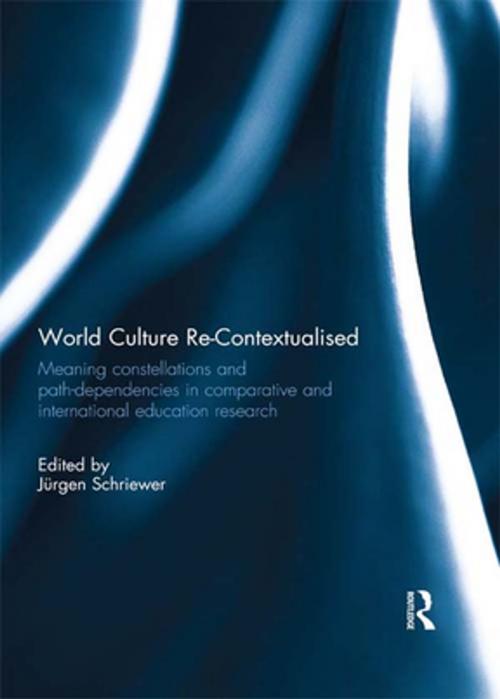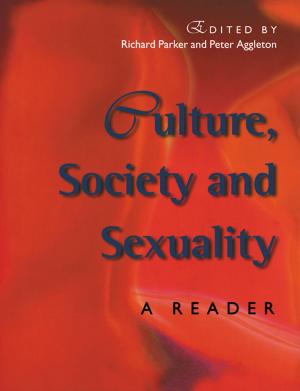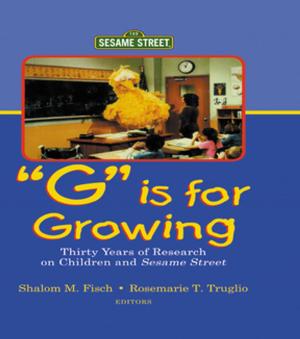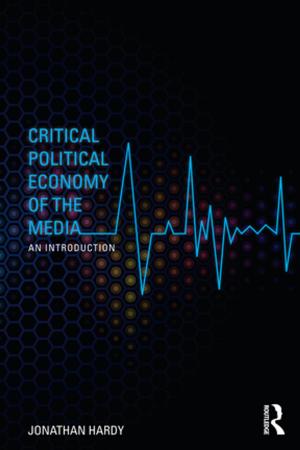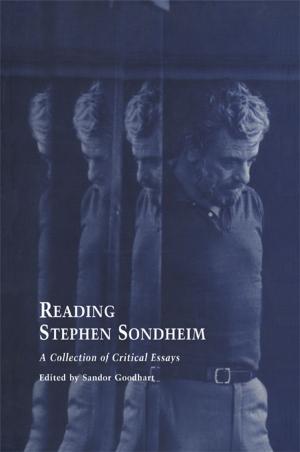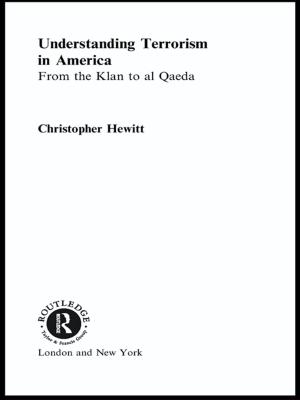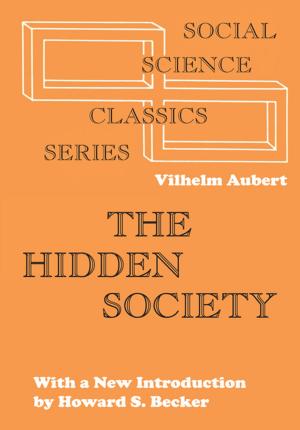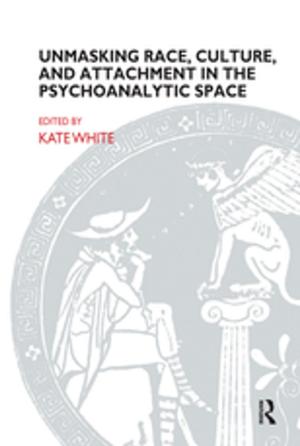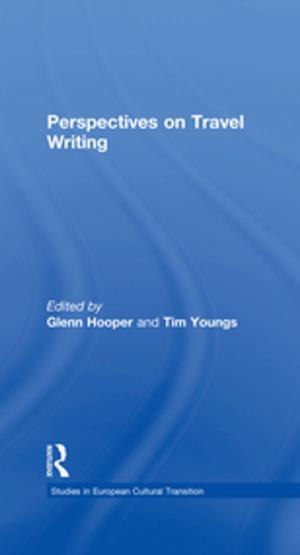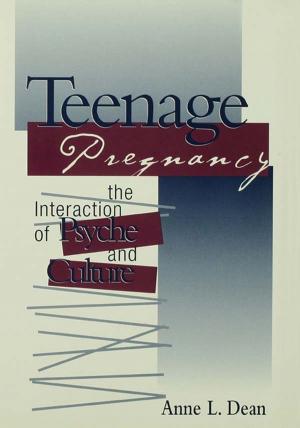World Culture Re-Contextualised
Meaning Constellations and Path-Dependencies in Comparative and International Education Research
Nonfiction, History, World History, Social & Cultural Studies, Social Science, Anthropology, Political Science| Author: | ISBN: | 9781317358633 | |
| Publisher: | Taylor and Francis | Publication: | October 2, 2017 |
| Imprint: | Routledge | Language: | English |
| Author: | |
| ISBN: | 9781317358633 |
| Publisher: | Taylor and Francis |
| Publication: | October 2, 2017 |
| Imprint: | Routledge |
| Language: | English |
Impressive strands of research have shown the emergent reality of increasing world-level interconnection in almost every field of social action. As a consequence, theories and models have been developed which are aimed at conceptualising this new reality along the lines of an ‘institutionalised’ World Culture. This offers a new understanding of the worldwide diffusion of specifically modern – i.e. mainly Western – rules, ideologies and organisational patterns, and of attendant harmonisation and standardisation of fields of social action.
World Culture theories have not gone unchallenged. Rather, cross-cultural studies have revealed much more complex processes of regional fragmentation and (re-)diversification; of the refraction, appropriation, and hybridisation, through distinct socio-cultural conditioning, of world-level models and ideas; and of the ongoing effectiveness both of structural path-dependencies and of specifically cultural aspects such as collective memories, social meanings, and religious (or ideological) belief systems. Comparative research has thus highlighted an intricate simultaneity of contrary currents: of the increasing world-level interconnection of communication and exchange relations on the one hand, and, on the other, the persistence of context-specific interpretations, translations, and deviation-generating re-contextualisations of world-level forces and challenges.
This research provides the theoretical problematique that animates this volume. The chapters explore the conceptual tools and explanatory power of theories and models which do not just oppose or reject World Culture theory, but are instead suited to complementing and differentiating it. The volume offers an enlightening conceptualisation of the intricate interaction of global processes with local agency, and of world-level forces with the self-evolutionary potentials inherent in specific contexts, socio-cultural structures, and distinctive meanings constellations.
This book was originally published as a special issue of Comparative Education.
Impressive strands of research have shown the emergent reality of increasing world-level interconnection in almost every field of social action. As a consequence, theories and models have been developed which are aimed at conceptualising this new reality along the lines of an ‘institutionalised’ World Culture. This offers a new understanding of the worldwide diffusion of specifically modern – i.e. mainly Western – rules, ideologies and organisational patterns, and of attendant harmonisation and standardisation of fields of social action.
World Culture theories have not gone unchallenged. Rather, cross-cultural studies have revealed much more complex processes of regional fragmentation and (re-)diversification; of the refraction, appropriation, and hybridisation, through distinct socio-cultural conditioning, of world-level models and ideas; and of the ongoing effectiveness both of structural path-dependencies and of specifically cultural aspects such as collective memories, social meanings, and religious (or ideological) belief systems. Comparative research has thus highlighted an intricate simultaneity of contrary currents: of the increasing world-level interconnection of communication and exchange relations on the one hand, and, on the other, the persistence of context-specific interpretations, translations, and deviation-generating re-contextualisations of world-level forces and challenges.
This research provides the theoretical problematique that animates this volume. The chapters explore the conceptual tools and explanatory power of theories and models which do not just oppose or reject World Culture theory, but are instead suited to complementing and differentiating it. The volume offers an enlightening conceptualisation of the intricate interaction of global processes with local agency, and of world-level forces with the self-evolutionary potentials inherent in specific contexts, socio-cultural structures, and distinctive meanings constellations.
This book was originally published as a special issue of Comparative Education.
